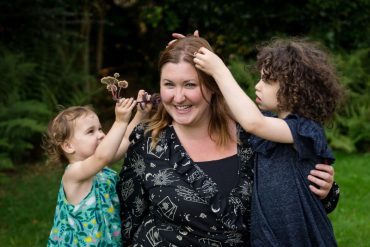Long awake times can be detrimental to your newborn
Studies show that young babies who typically have long stretches of awake time during the day (more than 3 consecutive hours) appear to have more disjointed sleep and shorter sleep stretches. So make sure your newborn isn’t staying awake past the time when she demonstrates her unique signals of fatigue.
If your baby has been awake beyond this “happily awake span” you have likely missed some sleepy signals, and your newborn is overtired. An overtired baby will be fussy and find it hard to sleep, yet won’t be able to stay happily awake, either. And the more overtired your baby gets the more he will fuss and cry, to the point of being unable to turn off his frustration long enough to fall asleep, until he eventually wears out. This becomes a pattern that can disrupt sleep, growth and temperament.
Short awake periods = Happier baby
If you want your baby to be peaceful, to cry less and sleep better, keep one eye on your baby and one eye the clock. Perhaps even set your phone to buzz as a reminder that sleep time should be near – then watch for those telltale tired signs. Don’t let your newborn stay awake for too long at a time and sleep will come peacefully for her at the right times.
Excerpted with permission by McGraw-Hill Publishing from The No-Cry Sleep Solution for Newborns by Elizabeth Pantley. (McGraw-Hill, 2016). elizabeth@pantley.com
Elizabeth Pantley is a mother of four, grandmother, and author of the bestselling book, The No-Cry Sleep Solution plus 8 other books in the No-Cry Solution Series which helps Moms and Dads through all key stages of parenting. Visit her at nocrysolution.com










